
Meloni Revises Draghi’s Plan for European Funds
Italy faces delays in obtaining and absorbing Recovery and Resilience funding.

Italy faces delays in obtaining and absorbing Recovery and Resilience funding.
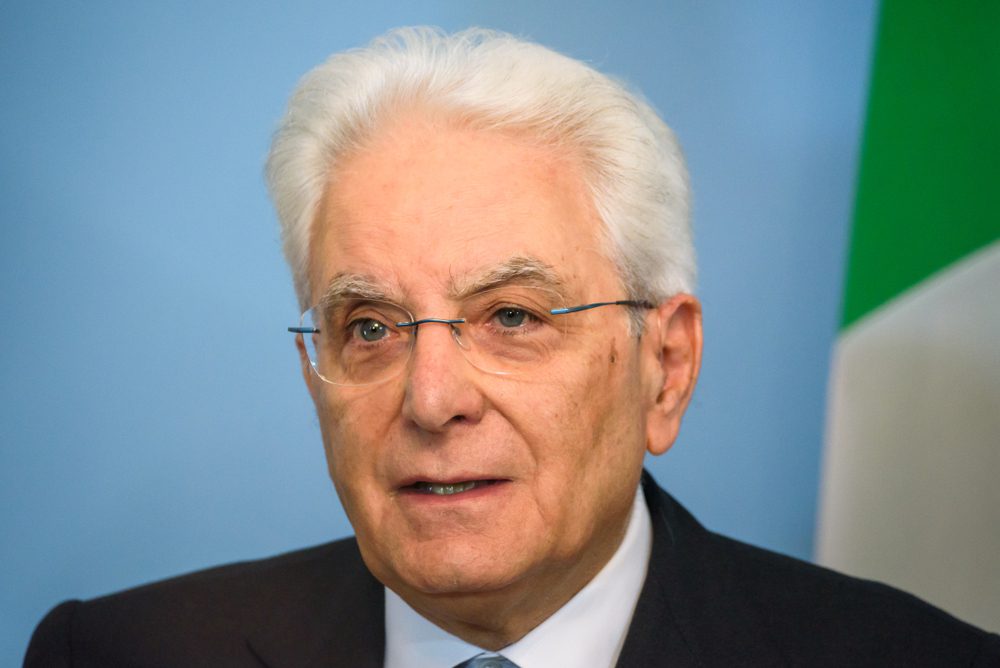
Mario Draghi’s ability to reform the Italian state was seen by Brussels as the fruit of a new European solidarity mechanism—a recovery plan financed by a common debt. These prospects have collapsed like a house of cards.

Pictures from the day’s events suggest the vast majority of the illegal migrants who managed to reach Italian soil were military-aged men.
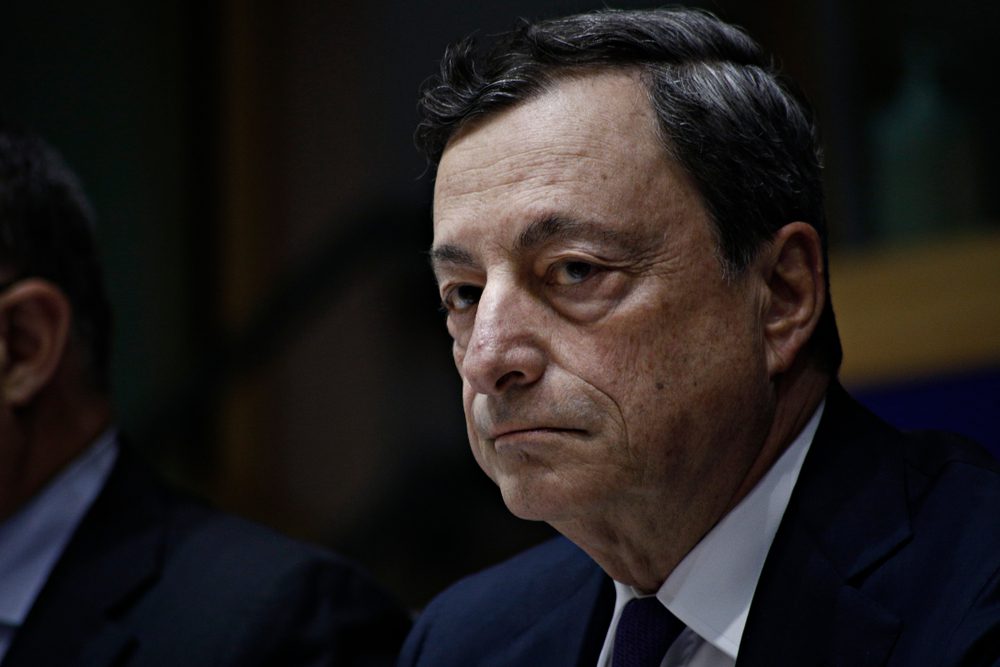
A vote of confidence is being held in both houses of parliament on Wednesday and Thursday. Draghi called on senators from his coalition to show responsibility in order to “rebuild” a “pact of confidence.”

If elections were held today, nearly half of Italy’s electorate would cast their ballots for one of Italy’s three center-right coalition parties.
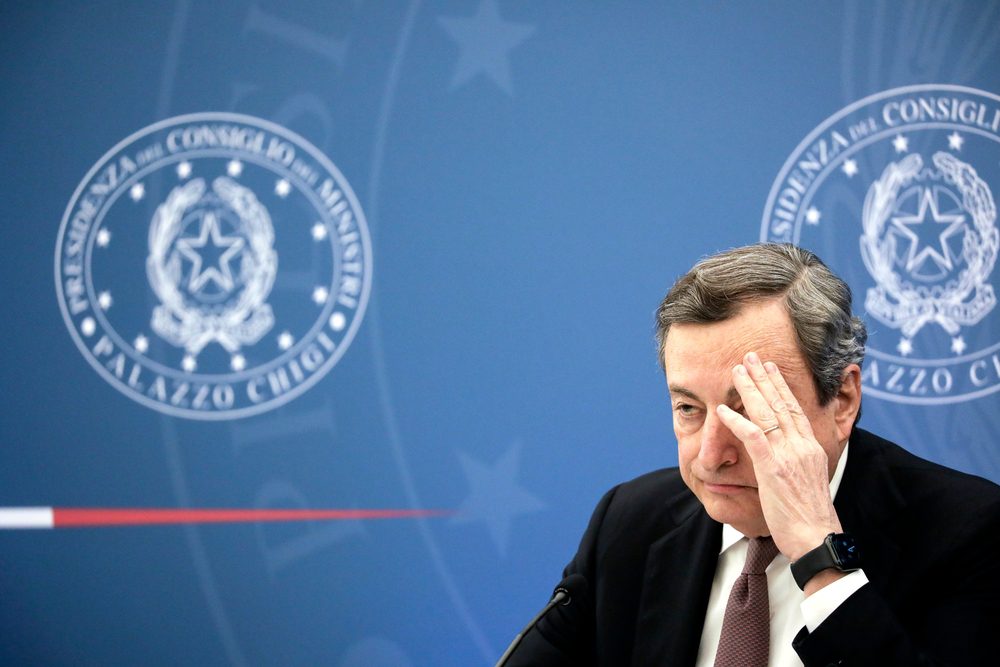
In a statement, Prime Minister Mario Draghi said that “the national unity coalition that backed this government no longer exists.”

Now more than ever, Matteo Salvini is essential to the maintenance of the Draghi government.

The visit from the three heads of state was mostly a symbolic gesture, as Ukraine is under an ultimatum from Russia and lacks weapons.
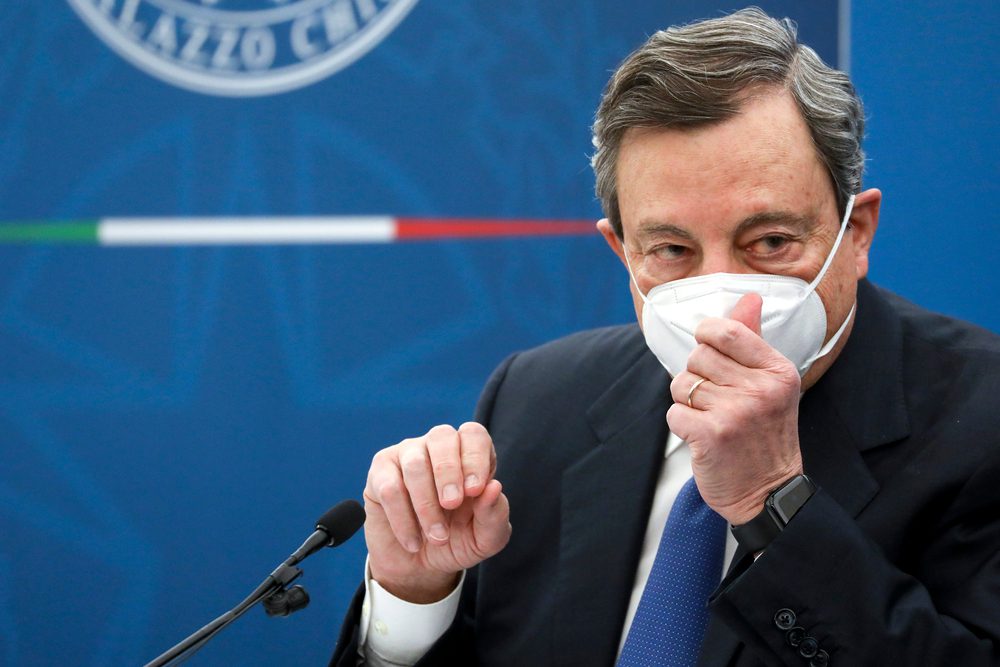
The Prime Minister’s announcement offered some promise of relief, but the reality remains that a great number of people, those over the age of fifty, are still held hostage to the government’s COVID mandates.
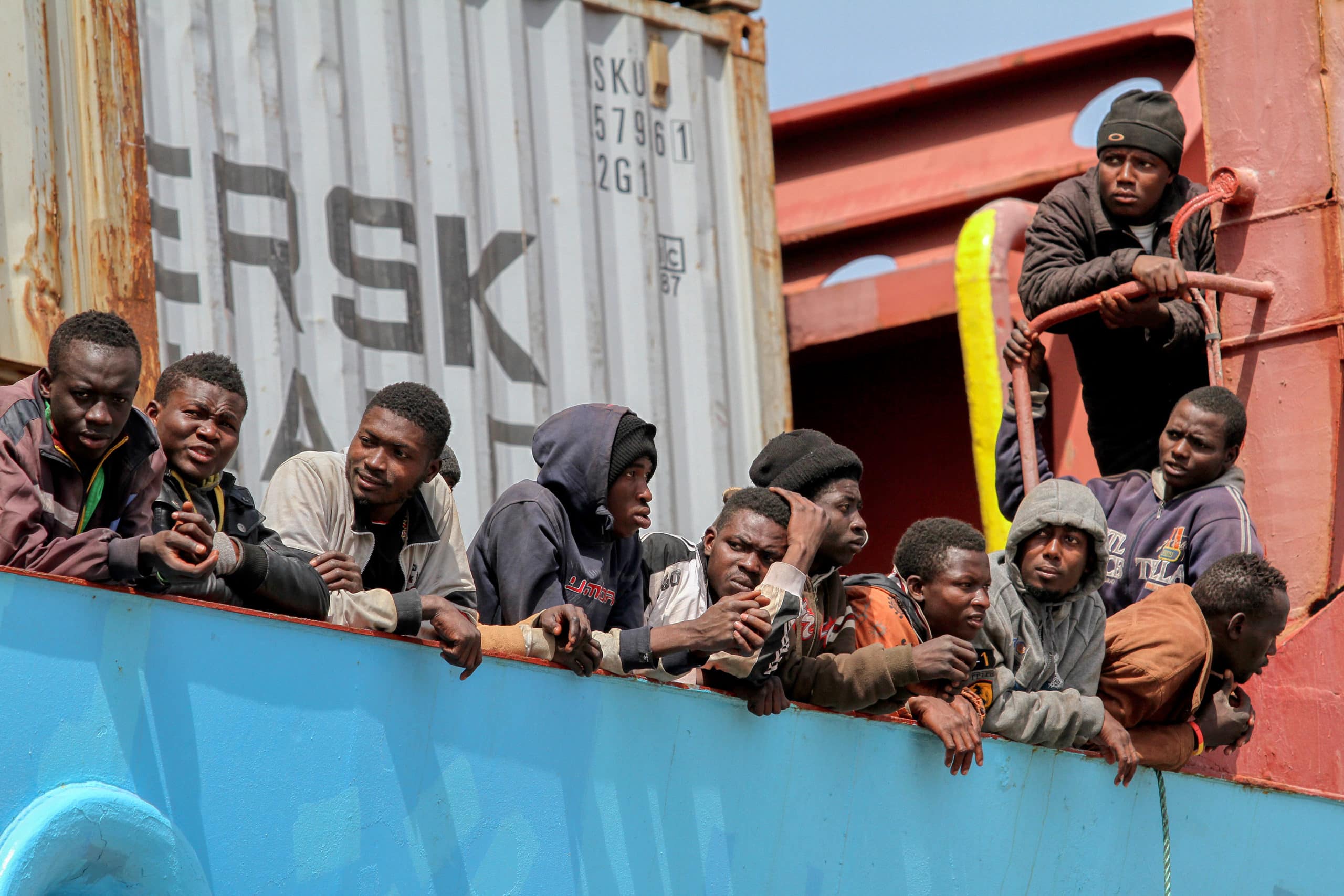
In January, Italy’s so-called ‘technocratic government,’ led by Mario Draghi, the former head of the European Central Bank, oversaw the arrival of more than 3,000 illegal migrants, an increase of nearly threefold compared to figures recorded last January.